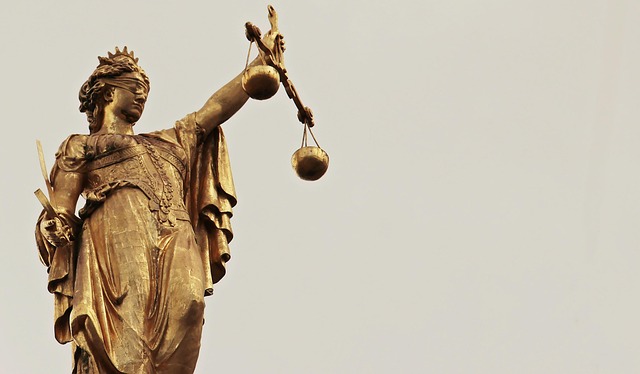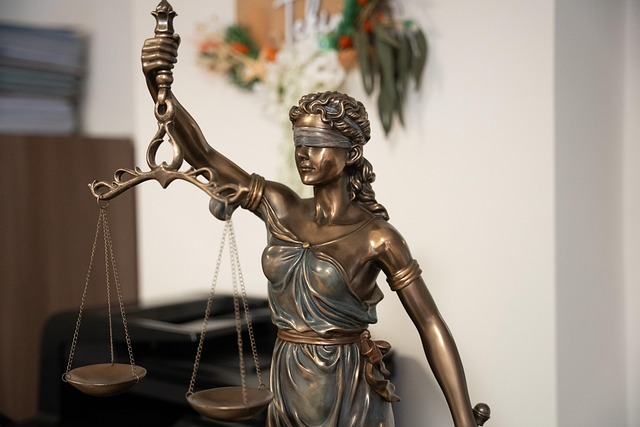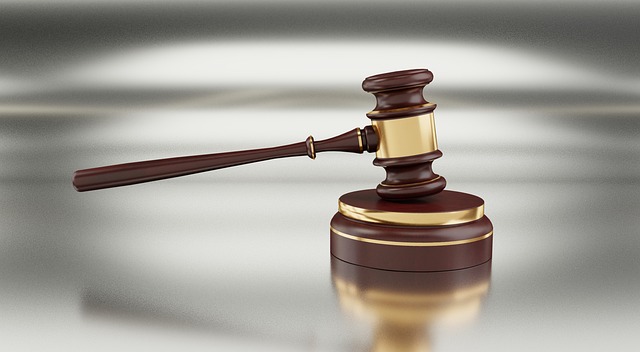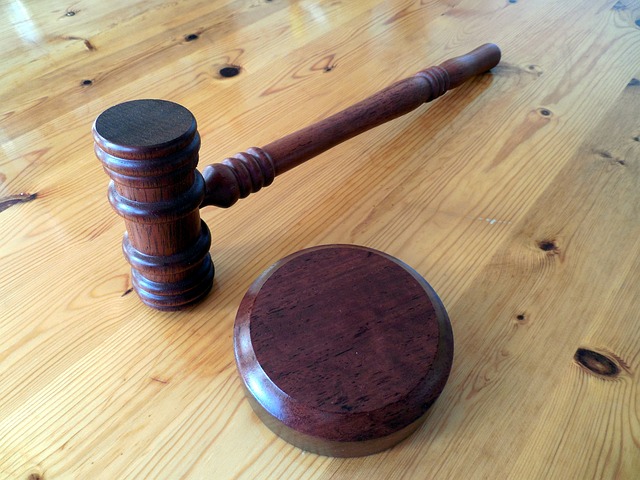C-Level Investigations specializes in complex cases involving fraud, misconduct, and securities law violations. They leverage advanced litigation strategies to analyze financial records and build robust defenses, aiming to protect individuals and organizations' rights and reputations. Securities Law Violations often trigger these investigations, highlighting the need for strategic defense. Effective strategies include understanding legal complexities, maintaining meticulous documentation, engaging specialized legal counsel, and proactive risk mitigation. Post-investigation, organizations should enhance internal controls, corporate governance, and compliance programs to restore trust and prevent future violations.
“In recent years, C-level investigations have gained significant attention as powerful tools for holding corporate leaders accountable. This article delves into the intricate world of high-level probes, exploring key aspects from understanding their scope to navigating legal complexities via effective litigation strategies for securities law violations. From identifying common triggers to post-investigation reputation management, we provide essential insights for businesses aiming to fortify their defenses and maintain compliance.”
- Understanding C-Level Investigations: A Deep Dive
- Securities Law Violations: Common Triggers for Probes
- Litigation Strategies: Navigating Legal Complexities
- Building a Solid Defense: Key Considerations
- Post-Investigation Impact: Restoring Reputation and Compliance
Understanding C-Level Investigations: A Deep Dive

C-Level Investigations, a specialized arm within legal services, delves into complex and high-stakes cases involving top-tier executives and corporations. These investigations are often triggered by allegations of fraud, misconduct, or violations of securities laws. The primary goal is to uncover the truth, ensuring transparency and accountability at the highest levels of corporate leadership. By employing advanced litigation strategies for securities law violations, this field requires a deep understanding of both legal intricacies and business dynamics.
It involves meticulous examination of financial records, emails, board meeting minutes, and other relevant documents. Skilled investigators and attorneys collaborate to construct robust defenses or, in many cases, secure a complete dismissal of all charges for their clients. Through persuasive evidence presentation and powerful legal arguments, they aim for winning challenging defense verdicts that protect the rights and reputations of individuals and organizations alike.
Securities Law Violations: Common Triggers for Probes

Securities Law Violations often serve as common triggers for C-Level investigations, highlighting the need for robust litigation strategies in high-stakes cases. These probes typically arise from suspected misstatements or omissions in financial disclosures, leading to potential civil and criminal liabilities. Companies and executives face scrutiny under laws like the Securities Exchange Act, with regulators actively monitoring market integrity.
Understanding the nuances of securities law is crucial for devising effective defense strategies throughout all stages of the investigative and enforcement process. A winning challenging defense verdict requires meticulous documentation, transparent corporate governance, and a proactive approach to mitigate risks. In navigating these complex legal landscapes, companies must remain vigilant, ensuring compliance and fostering a culture that prioritizes ethical financial reporting practices.
Litigation Strategies: Navigating Legal Complexities

In the realm of Litigation Strategies for Securities Law Violations, navigating legal complexities is a crucial step for C-Level investigations. These cases often involve intricate financial transactions and require a deep understanding of regulatory frameworks. As such, companies must employ strategic approaches that balance legal obligations with business interests. A robust strategy should include comprehensive due diligence, meticulous record-keeping, and proactive communication with legal counsel to anticipate potential pitfalls.
By leveraging experienced general criminal defense attorneys, organisations can navigate the labyrinthine legal landscape surrounding securities law violations. This involves not just defending against accusations but also identifying opportunities for resolution that may include settlements or alternative dispute resolution methods. Ultimately, successful litigation strategies in this domain are characterized by their adaptability and focus on achieving winning challenging defense verdicts, while maintaining positive relationships within the philanthropic and political communities.
Building a Solid Defense: Key Considerations

In the face of C-Level investigations, building a solid defense requires strategic planning and a deep understanding of the legal landscape. For those accused of securities law violations, effective litigation strategies are paramount to achieving extraordinary results. The first step is comprehensive documentation, meticulously preserving evidence that refutes allegations and showcases adherence to regulatory norms. This involves careful record-keeping, internal audits, and transparent communication channels.
Additionally, leveraging experienced legal counsel specialized in securities law is crucial. They can navigate complex regulations, identify loopholes, and develop robust defenses tailored to the specific charges. By employing adept litigation strategies, individuals and organizations can strive for a complete dismissal of all charges, thereby protecting their reputations within philanthropic and political communities.
Post-Investigation Impact: Restoring Reputation and Compliance
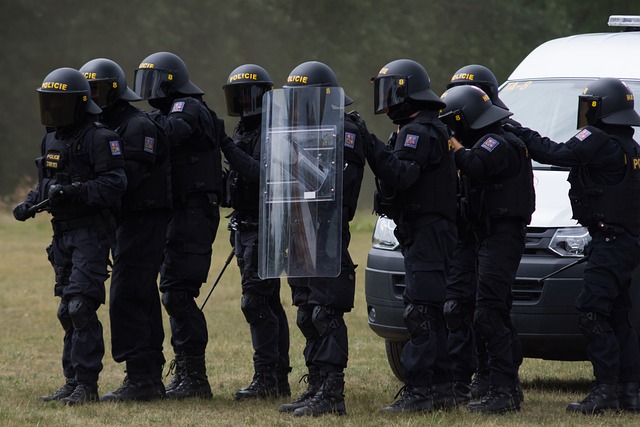
Post-investigation impact plays a pivotal role in shaping the trajectory of any organization, especially after C-level investigations. When addressing securities law violations, effective litigation strategies are crucial to mitigate potential damage and restore reputation. Following a thorough investigation, companies can take proactive measures to regain stakeholder trust and ensure compliance with legal frameworks. This process involves a delicate balance between acknowledging past transgressions and demonstrating a commitment to transparency and reform.
A key aspect of post-investigation recovery is implementing robust internal controls and policies. By enhancing corporate governance practices, organizations can safeguard against future violations. This includes refining risk management strategies, improving compliance programs, and fostering a culture of ethical conduct among leadership and employees. Ultimately, these efforts aim to not only prevent recurrence but also to achieve winning challenging defense verdicts, thereby safeguarding the interests of both respective business and individual clients.
C-level investigations are complex, but understanding the process and implementing strategic defenses can significantly mitigate risks. By recognizing common securities law violations and employing effective litigation strategies, organizations can navigate legal complexities successfully. Post-investigation, focusing on reputation restoration and enhancing compliance ensures a stronger, more resilient business future. For leaders navigating these challenges, staying proactive and informed is key to safeguarding against potential pitfalls and fostering a culture of ethical conduct. Remember, robust Litigation Strategies for Securities Law Violations are essential tools in the quest for transparency, accountability, and organizational integrity.



